#Prehistoric Rock Art
Explore tagged Tumblr posts
Text
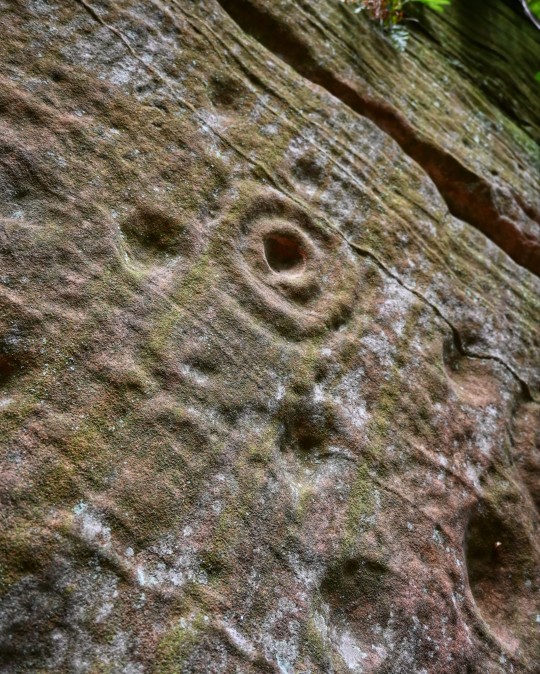

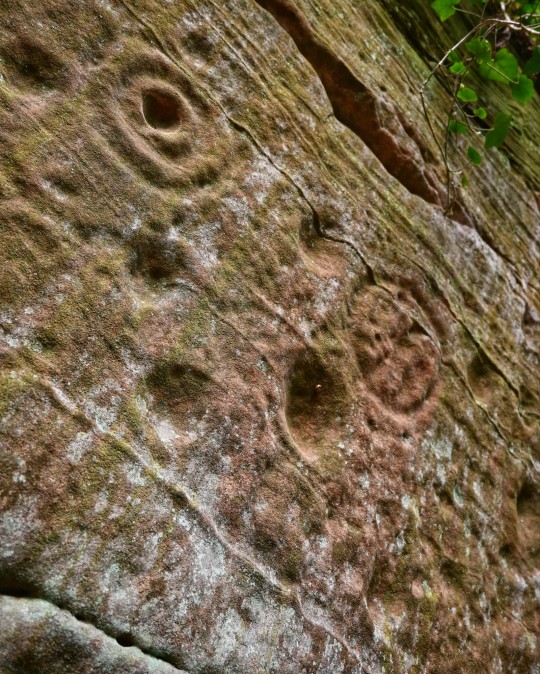
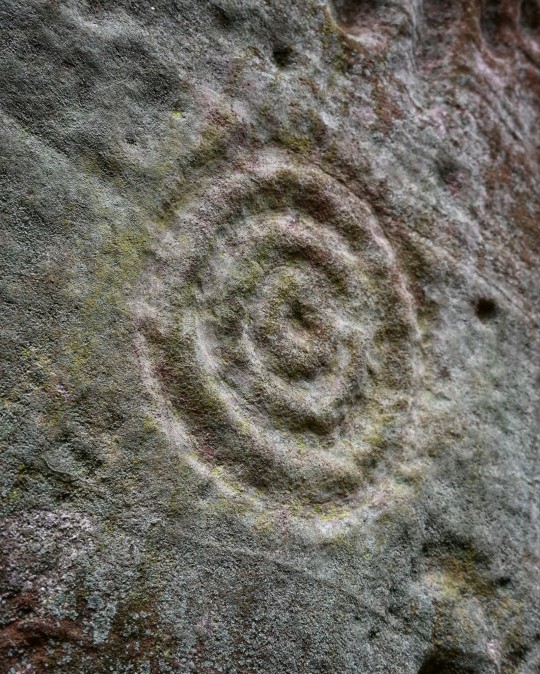
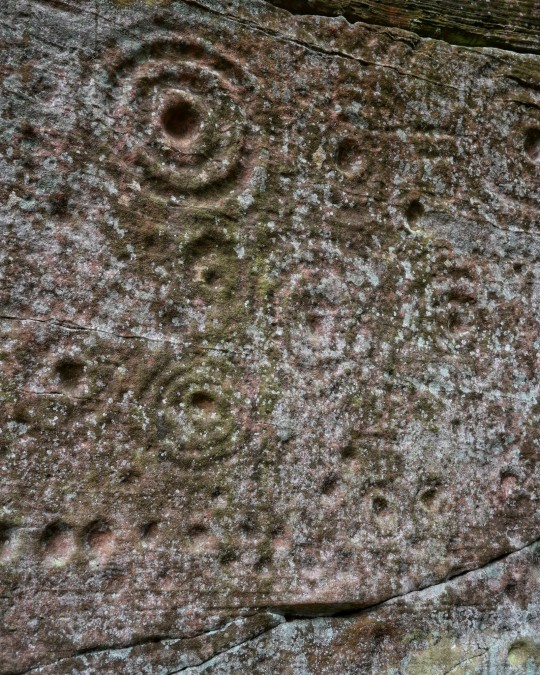

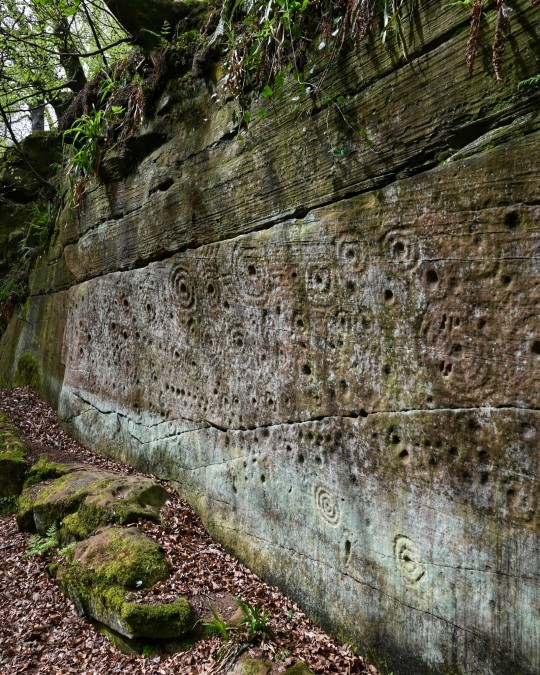
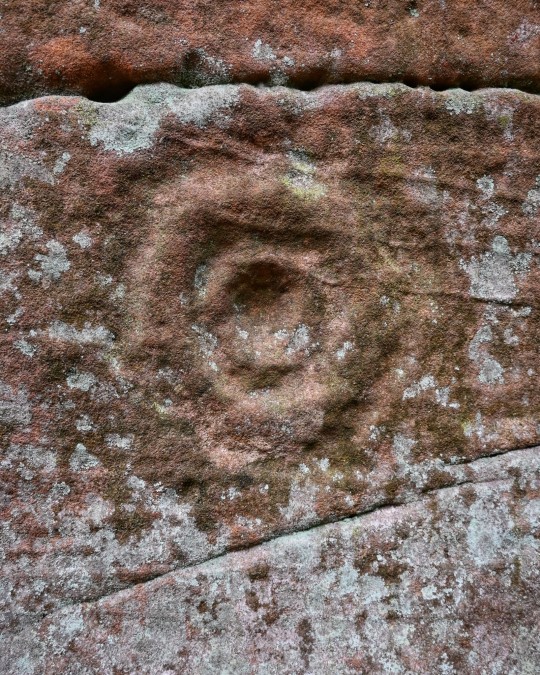


Ballochmyle Prehistoric Rock Art Panels, Ballochmyle, East Ayrshire, Scotland
#ice age#stone age#bronze age#copper age#iron age#neolithic#mesolithic#calcholithic#paleolithic#prehistory#prehistoric#prehistoric rock art#rock art#cup and ring#cup marks#symbols#ancient sites#Scotland#landscape#outdoors#wild places#ancient craft#ancient culture#archaeology
2K notes
·
View notes
Text
Achnabreck

View On WordPress
0 notes
Text

The Dabous Giraffes - neolithic petroglyphs found in Saharan Niger estimated to be 6,000 to 8,000 years old. The bigger of the two giraffes is 5.4 meters long and is the largest known petroglyph in the world.
7K notes
·
View notes
Text

Another handprints necklace, and continuing the story of the Spiral cave. River pebbles and tempera.
Available
#stone age#neolithic#cave art#rock art#miniature#painted stones#rock painting#painted rocks#minerals#pebbles#necklace#rustic#prehistoric#handprints#spiral#my art#artists on tumblr#beach combing#mudlarking#art history
258 notes
·
View notes
Text


In museums thousands of fossils are preserved but with it also fragments of their ancient spirits, and finally such spiritual concentration has given rise to the creation of a strange creature with a touch of each fossil in the collection which gives it an incredible primordial power.
#digitalart#digital#digital drawing#digital art#conceptart#conceptual#concept#concept art#concept creature#dinosaurs#dinosaur#prehistoric#creature#monster#ghost#rock#ghost fakemon#ghost pokemon#pokemon#fakemon#rock pokemon#rock fakemon
229 notes
·
View notes
Text
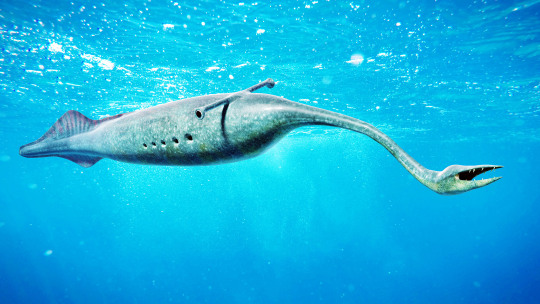
i know this is the least original thought but what the fuck is this. it literally looks like it knows its an abomination. the only thought in that head is "i shouldnt exist"
#tully monster#biology#paleontology#geology#geoscience#minerals#rocks#paleoart#sciblr#stem#science#zoology#fossils#prehistoric#dinosaurs#paleoblr#paleomedia#paleo art#marine biology#prehistoric animals
173 notes
·
View notes
Text

youtube
#Guianan cock-of-the-rock#birds#bird#birdblr#dinosaurs#dinosaur#paleoart#paleontology#paleomedia#paleo art#creature design#creature concept#creature art#art tips#art advice#art ideas#science#science posting#science tumblr#science side of tumblr#science talk#animal#animals#history#history posting#history tumblr#history side of tumblr#history lovers#history lesson#prehistoric
15 notes
·
View notes
Text
this literally looks like a modern day middle-school desk i'm losing my mind humans have always been humans
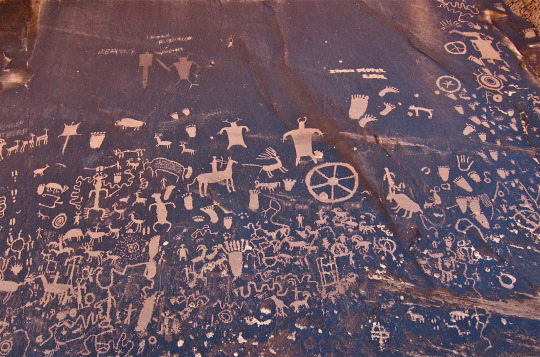
Image: Newspaper Rock, Utah, first carvings c. 0 BCE
#art#rock art#petroglyph#utah#cave art#cave paintings#humans being humans#humanity#indigenous art#prehistory#prehistoric art
23 notes
·
View notes
Text
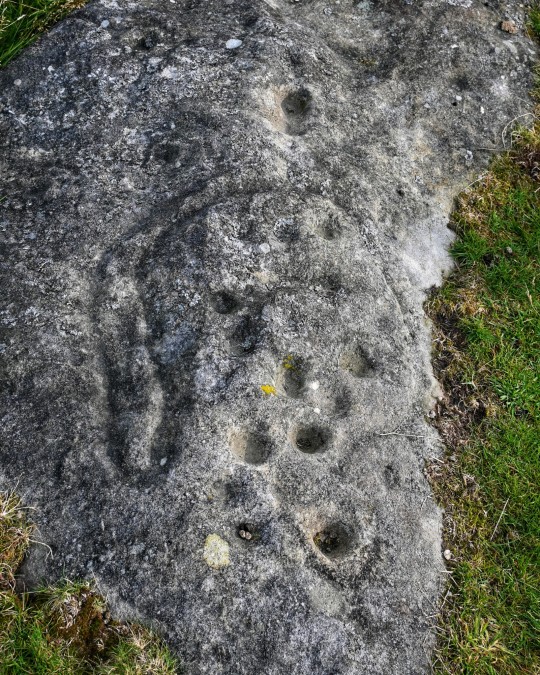
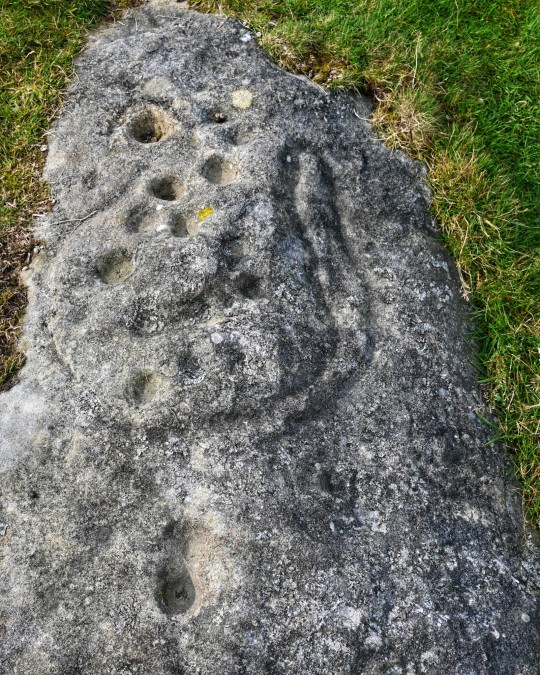
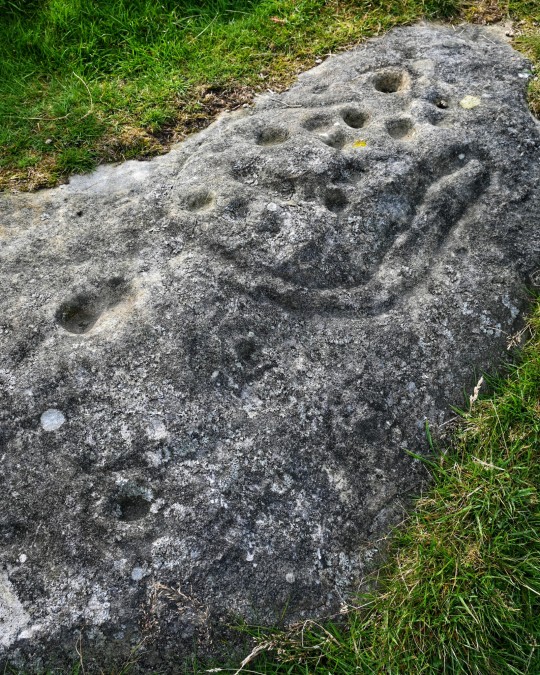

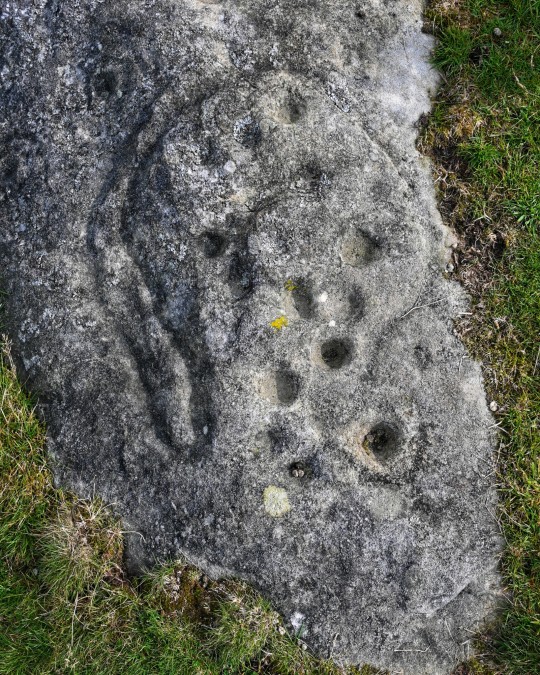

'Horseshoe Rock', Prehistoric Rock Art Panel, Lordenshaw, nr. Morpeth, Northumberland
#ice age#stone age#bronze age#copper age#iron age#neolithic#mesolithic#calcholithic#paleolithic#prehistoric#prehistory#rock art#cup marks#cup and ring#prehistoric rock art#ancient living#ancient cultures#ancient craft#Northumberland
71 notes
·
View notes
Text
At the Green Sheiling

View On WordPress
0 notes
Text
article: “Stingray sand 'sculpture' in South Africa may be oldest example of humans creating an image of another creature”
#animals in art#ancient art#prehistoric art#rock art#sand sculpture#stingray#article link#archeology
22 notes
·
View notes
Text
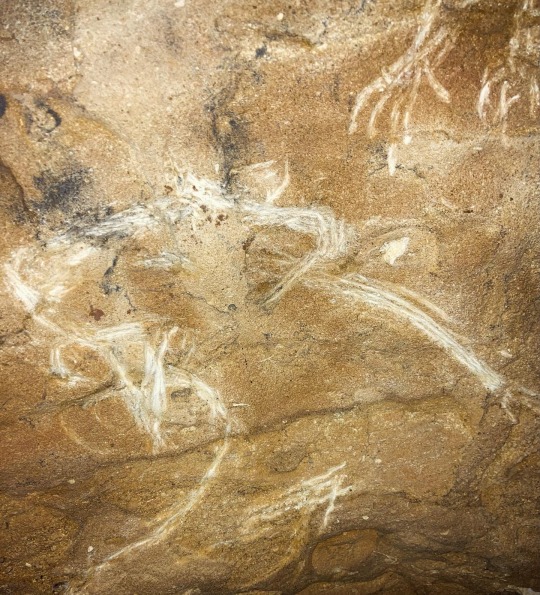
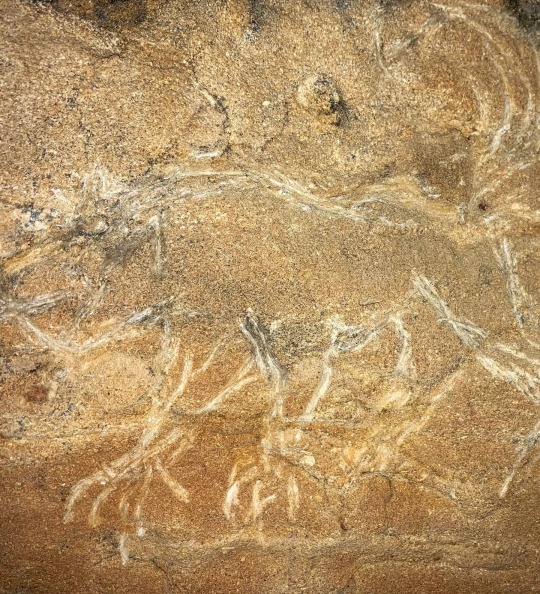
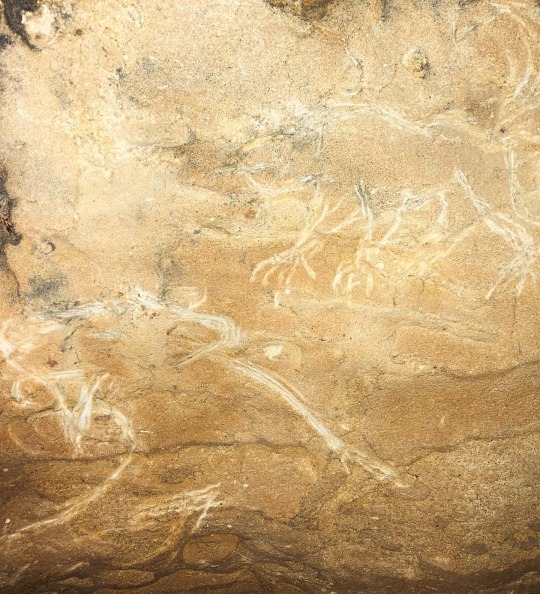
Chasing my ancestor’s instincts of making actual cave art in France
#cave art#prehistoric art#panther#sabertooth#sabertooth cat#drawn/scratched with a rock#ive always wanted to do this#dream come true#in the same region as a lot of those original cave art caves#something something about connecting with people from so long ago#this was my actual first art of the year :) good first start#portfolio
24 notes
·
View notes
Text
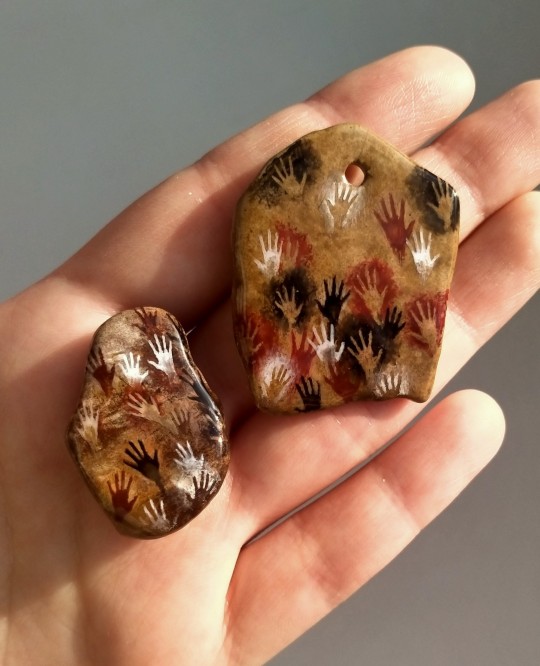
Two new cave paintings on river pebbles. It's so captivating to make something from materials you picked up yourself. Currently making beads for these pendants out of small jasper pebbles
#miniature#painted stones#cave art#neolithic#rock painting#painted rocks#minerals#pebbles#handprints#cave paintings#prehistoric#painted miniatures#my art
1K notes
·
View notes
Text

What is that in the distance? an island? land finally….but that island moves!? It is the Shonisaurus, with its colossal size it crushed everything in its path. Traces of prehistoric times seem to be engraved on their skin.
#digital art#digitalart#digital#digital drawing#dinosaurs#dinosaur#dinosaur rpg#rpg#rpg creature#sea creature#prehistoric#prehistoric creature#rock#rock type#shonisaurus#reptile#sea reptile#fossil#conceptart#concept art
39 notes
·
View notes
Text

what if we kissed at the mazon creek fossil beds 😳
#biology#sciblr#stem#science#paleontology#geology#minerals#crystals#gems#rocks#dinosaurs#fossils#evolutionarybiology#triassic#naturalhistory#mosasaur#prehistoric#dinos#dinosaur#paleo art#triceratops#spinosaurus#dinosuar
341 notes
·
View notes